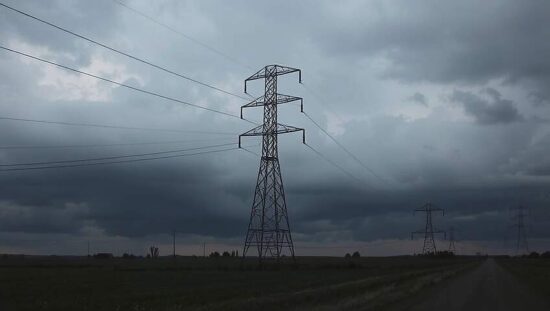Germany’s largest grid operator, Tennet, is cautioning against potential delays in the construction of crucial power lines, highlighting significant risks to the nation’s energy transition. Tim Meyerjürgens, CEO of Tennet Germany, voiced concerns in an interview with “Süddeutsche Zeitung”, stating a danger of “losing speed again” due to the recent rollback of accelerated legislation initially implemented in response to the war in Ukraine. He estimates these changes could lead to delays of two to three years.
The primary concern stems from the accelerating expansion of renewable energy sources, which necessitates a corresponding expansion of the power grid infrastructure. Failure to keep pace, according to Meyerjürgens, carries substantial financial repercussions due to the cost of curtailing surplus renewable energy. Since 2022, these costs have already reached ten billion euros.
Tennet, responsible for the operation of a significant portion of Germany’s high-voltage transmission lines, plays a critical role in the stability of the national power grid. Meyerjürgens emphasized the urgent need for additional reserve power plants to ensure a reliable electricity supply, particularly during periods of low wind conditions.
Federal Minister for Economic Affairs, Claudia Reiche (CDU), is proposing the construction of gas-fired power plants with a total capacity of 20 gigawatts to address this need. This plan, however, requires approval from the European Commission, a process currently underway. Her predecessor, Robert Habeck (Greens), had previously secured approval for ten gigawatts of this capacity.
Meyerjürgens suggests a phased approach, advocating for the immediate construction of the already approved ten gigawatts, followed by a strategic evaluation of the timeline and implementation of the remaining ten. He underscored that these power plants are vital to the success and reliability of Germany’s energy transition.





